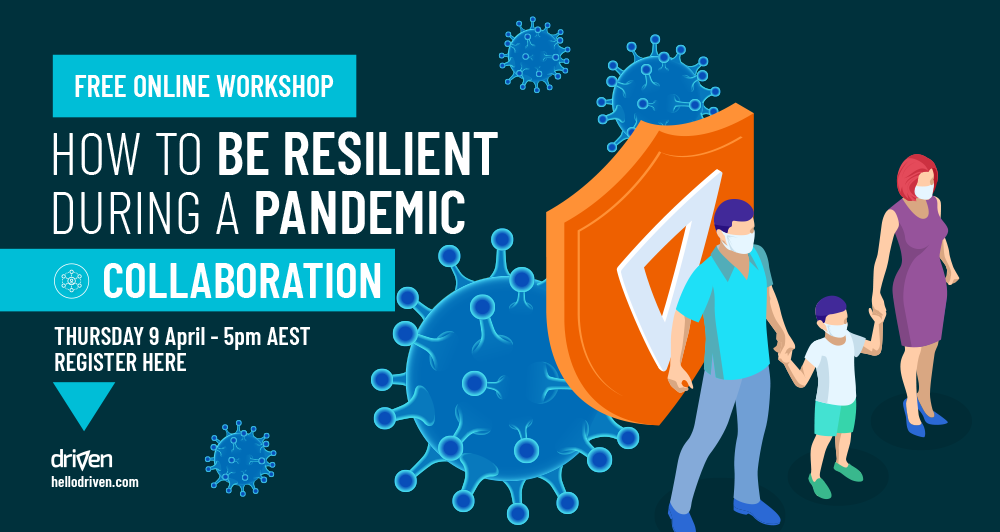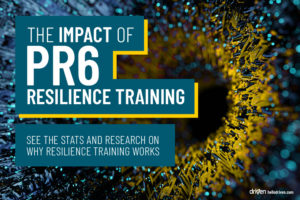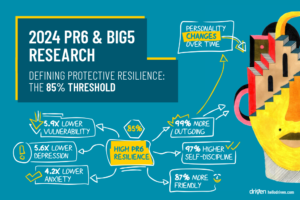Our next session on Resilience During a Pandemic – Our social connections are being disrupted. What does this mean, and how do we navigate this new challenge?
Stress, worry, information overload… If there was ever a time when we need resilience, it is now.
Driven specializes in helping people assess and build personal resilience. Simply, the more resilient you are, the better you can handle a situation like the coronavirus pandemic and support those around you.
Personally, I want to help you be resilient during this time. That’s why I’m launching a series of free online workshops.
In our Composure workshop, we’ll investigate:
Collaboration and connection – why is it so important?
The neuroscience – how does connection work in the brain?
Strategies – how do we maintain meaningful connection during a pandemic?
Do live Q&A
A recording of the workshop is available below. Enjoy!



